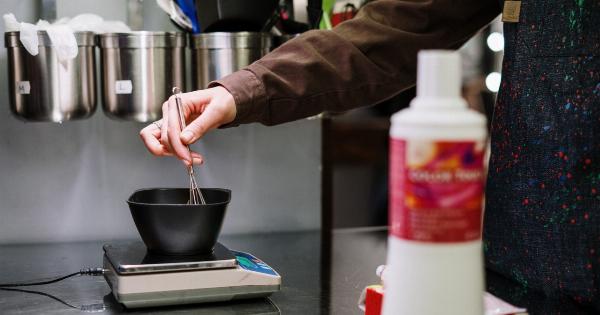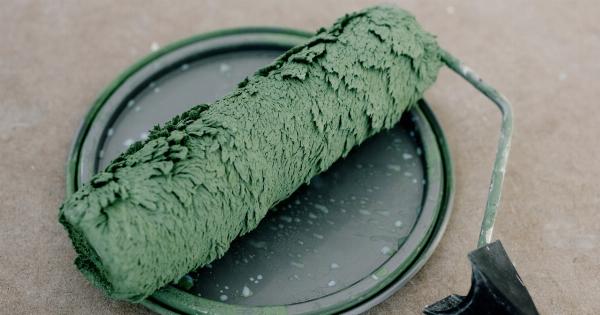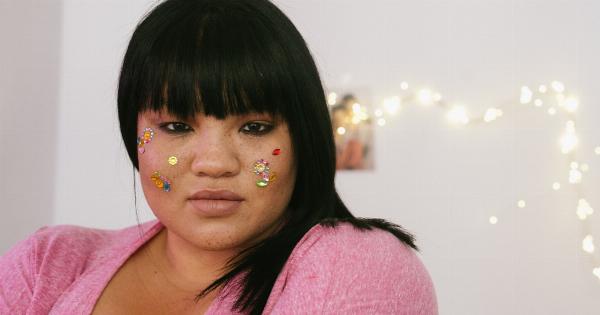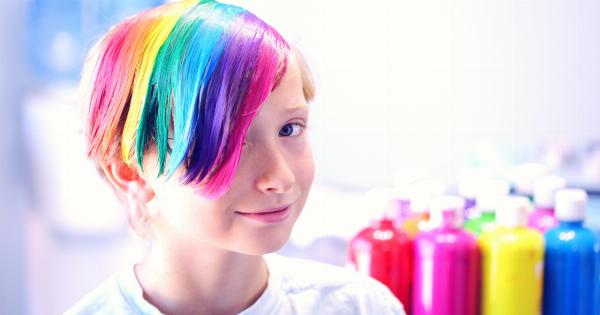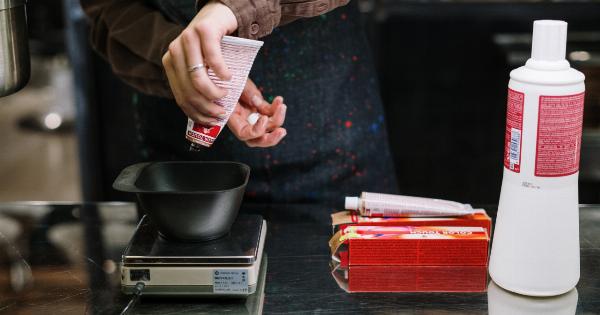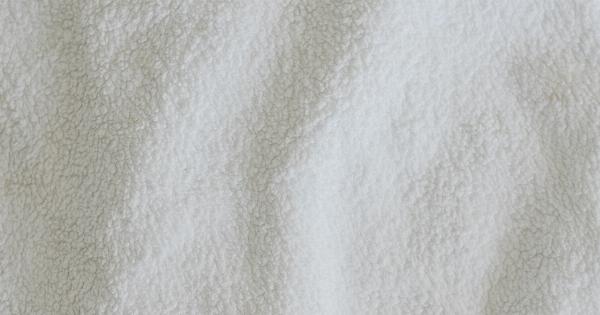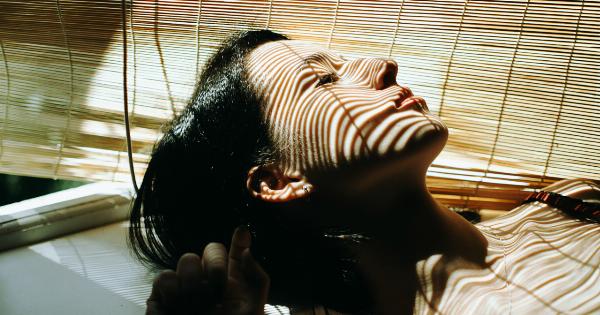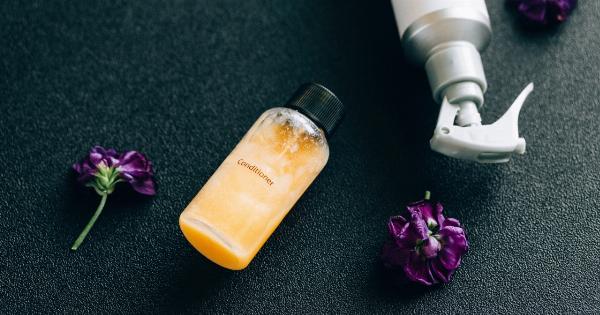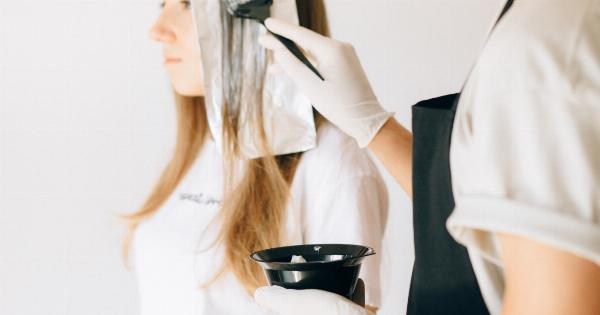One of the most common concerns for pregnant women is whether or not it is safe to use hair dye during pregnancy. With so many conflicting opinions and articles online, it can be difficult to know what is true and what is just fearmongering.
In this article, we will explore the topic of using hair dye during pregnancy and provide you with the most up-to-date information from reputable sources.
Understanding the Concerns
The main concern with using hair dye during pregnancy stems from the chemicals that are present in most hair dyes.
These chemicals, such as ammonia, hydrogen peroxide, and paraphenylenediamine (PPD), have the potential to be absorbed through the scalp and enter the bloodstream.
Some studies have suggested a possible link between hair dye use during pregnancy and certain complications, such as preterm birth, low birth weight, and developmental issues.
However, it is important to note that these studies have shown mixed results and have not definitively proven a causal relationship.
Expert Opinions
The American College of Obstetricians and Gynecologists (ACOG) states that limited exposure to hair dye during pregnancy is unlikely to cause harm to the fetus.
They recommend taking precautions, such as ensuring proper ventilation during the application process and minimizing skin contact with the dye.
The National Health Service (NHS) in the UK also acknowledges that the limited use of hair dye during pregnancy is generally considered safe.
They advise following the manufacturer’s instructions and carrying out a patch test before using any new product.
It is important to note that while experts consider limited hair dye use to be safe, it is always best to err on the side of caution and consult with your healthcare provider before making any decisions during pregnancy.
Alternatives to Traditional Hair Dye
If you are still concerned about using traditional hair dye during pregnancy, there are alternative options available.
These alternatives are often referred to as “natural” or “organic” hair dyes and are made from plant-based ingredients.
Henna is a popular natural dye option that has been used for centuries. It is derived from the Lawsonia inermis plant and has a rich reddish-brown color.
Henna is generally considered safe to use during pregnancy, but it is essential to ensure that the product you choose is pure and free from any additives or chemicals.
Another alternative is vegetable-based dyes, which are made from natural ingredients like beetroot, black walnut, and chamomile. These dyes are typically less intense and do not penetrate the hair shaft as deeply as traditional dyes.
While vegetable-based dyes are generally considered safe during pregnancy, it is still advisable to conduct a patch test before applying them to your hair.
Precautions to Take
If you decide to use hair dye during pregnancy, there are several precautions you can take to minimize potential risks:.
- Choose a well-ventilated area for application to minimize exposure to fumes.
- Avoid dyeing your hair in the first trimester when the baby’s organs are developing.
- Wear gloves to minimize skin contact with the dye.
- Follow the manufacturer’s instructions carefully.
- Consider spacing out the time between hair dye applications to reduce overall exposure.
- Opt for highlights or lowlights instead of full-head dyeing to minimize scalp contact.
Conclusion
The decision to use hair dye during pregnancy ultimately rests with the individual, taking into consideration their own comfort level and the advice of their healthcare provider.
While limited use of hair dye is generally considered safe, it is always advisable to exercise caution and explore alternative options if you have any lingering concerns.

